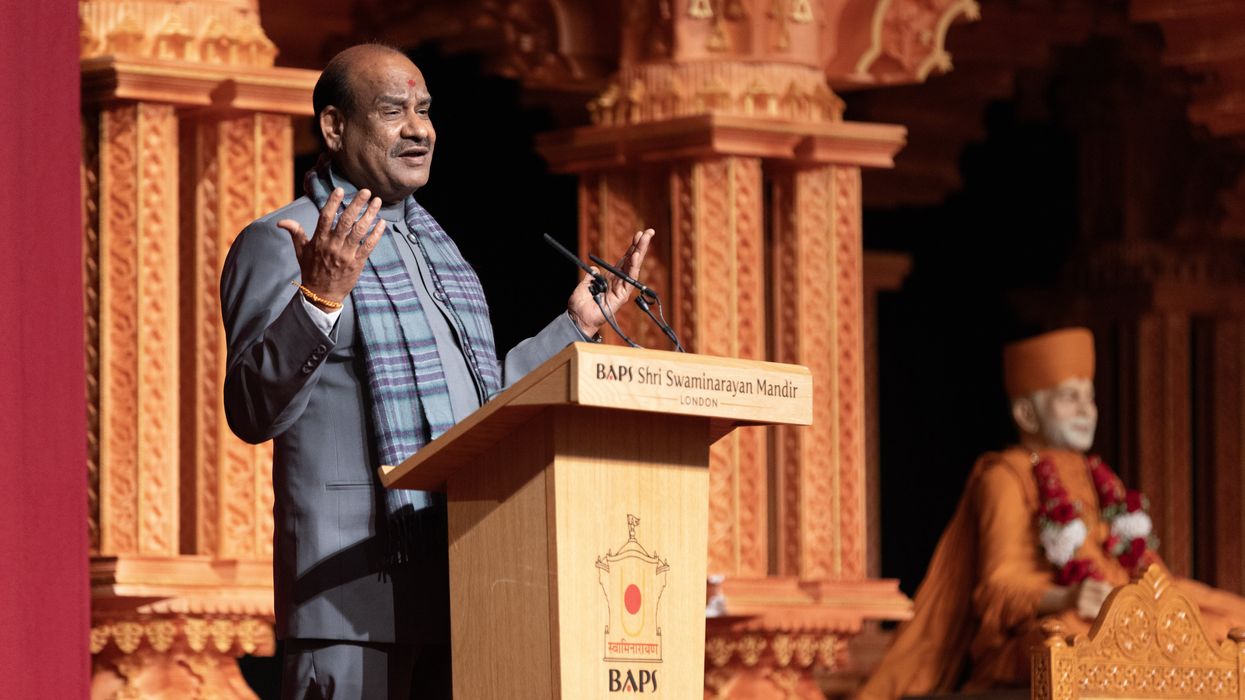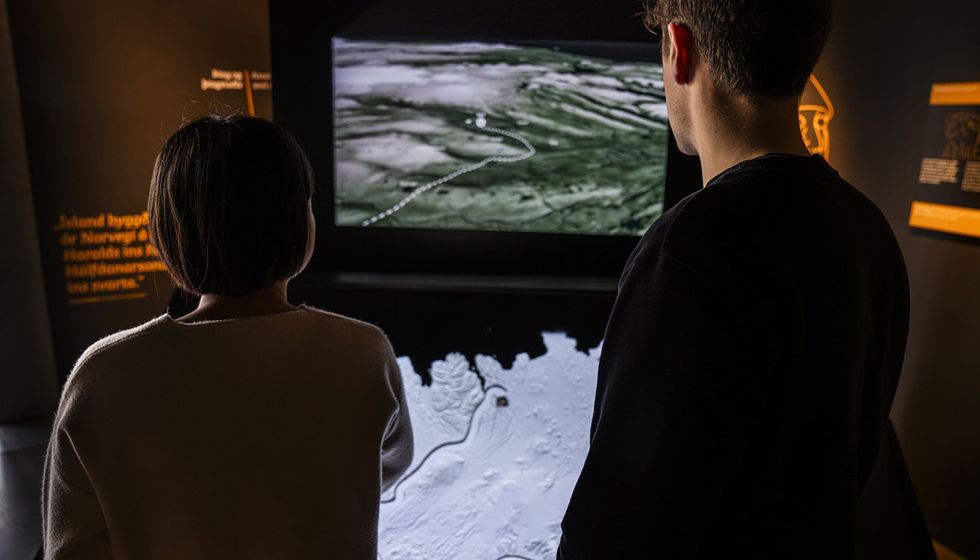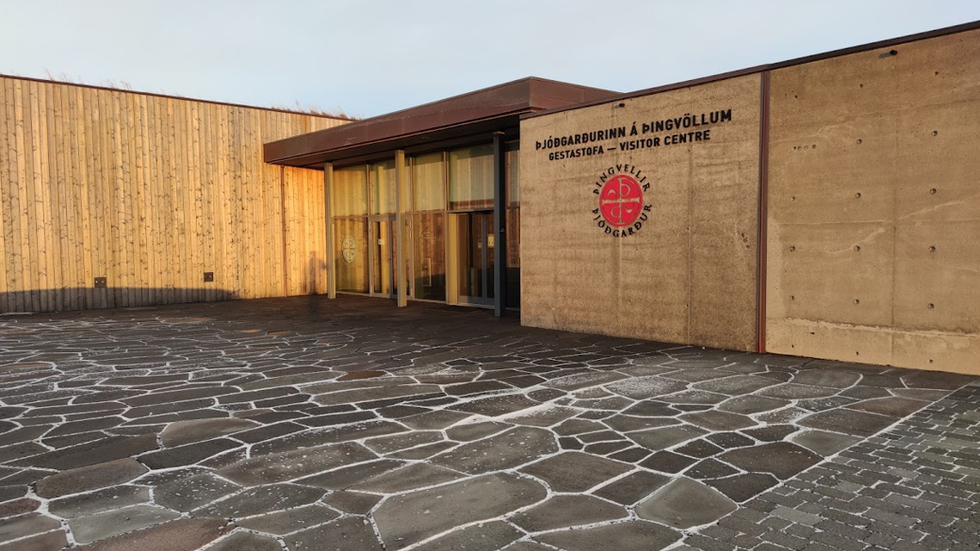INDIAN villagers are rejecting Covid-19 vaccine amid rumours of infertility and heart attacks.
They are shunning the coronavirus vaccine because of the growing belief that it is deadly or will prevent them from having children, reported The Times.
These fears reflect the slow pace of the country's vaccination campaign as people in rural India view the initiative as part of a nefarious government attempt at population control.
Recently, prime minister Narendra Modi urged farmers to ensure that their families are vaccinated.
Rajendra Arya, 23, who works at a bed-and-breakfast in Bhimtal, Uttarakhand, refused to attend his appointment after his employer booked a slot for him at the local vaccination centre.
“My parents told me perfectly healthy men and women back in my village had got the vaccine and had heart attacks soon after,” he said. “Not one but many. They are so scared for my life they have forbidden me to get it, even if it means losing my job," he told The Times.
In Saliyakot village in Uttarakhand, all the inhabitants have vowed not to take the vaccine.
“From young to old, people have come back home and died, some the same evening. They felt dizzy and collapsed. We don’t know what’s inside the vaccine, we don’t trust the government. It might be a tool to kill us to reduce the population," Narendra Tomar, a villager, told The Times.
While everyone in Saliyakot is Hindu, often both poor Hindus and Muslims harbour misconceptions about state vaccinations.
During the campaign to eradicate polio, some Indian Muslims feared the drops would make their children infertile. When health workers arrived in villages, families refused to come out, with some even threatening them, the report added.
Now, only 10 per cent of the population have received at least one jab since the drive began on January 16. Experts say that the government needs to vaccinate ten million a day instead of the present figure of two to three million.
When the Hindu nationalist Bharatiya Janata Party came to power in 2014, its anti-Muslim agenda heightened fears, prompting some to call the polio vaccine 'the BJP vaccine', which they said would reduce Muslim numbers, The Times report added.
These apprehensions date back to 1975, when the Indian state sterilised more than six million poor men, often forcibly, with many being dragged off the road into mobile vans for surgery.
In Jharkhand, state officials have now enlisted the services of untrained but trusted locals who offer medical advice when there is no access to a doctor — some of it harmless, some of it quackery.
In one district, more than 400 are working for the government to fight vaccine hesitancy, the report added.





















